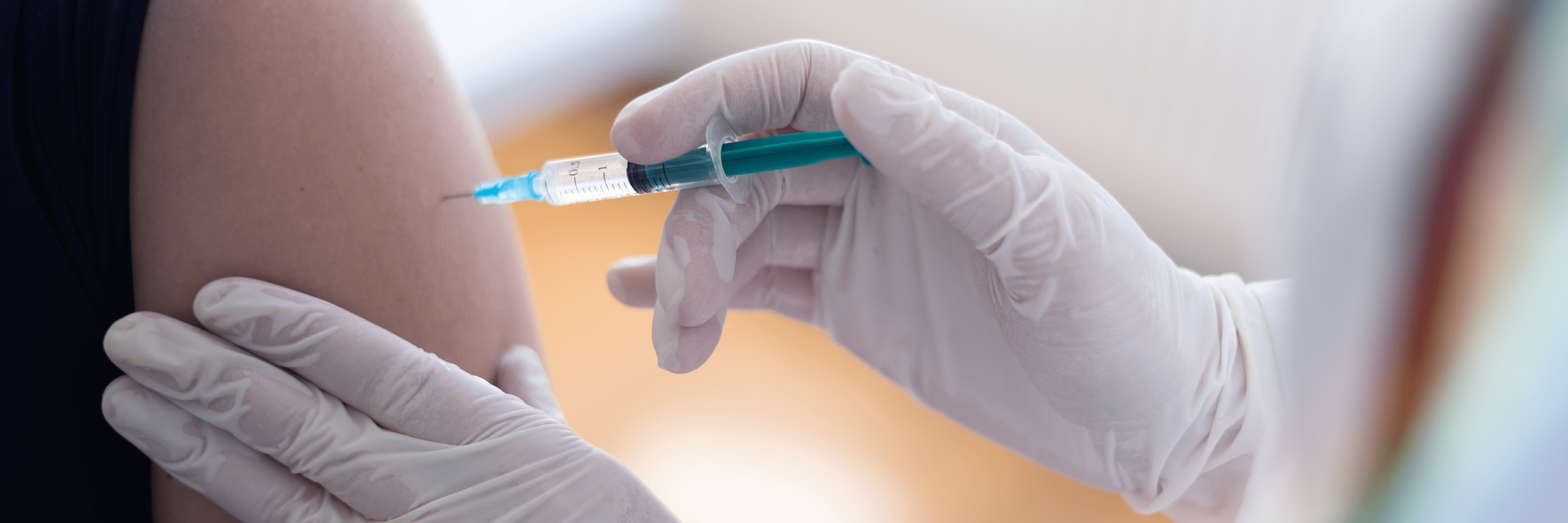Just like during the earlier stages of the pandemic, it is vital to ensure you are vaccinated against the flu to give yourself the best fighting chance against the illness. The vaccine can help you avoid it, or reduce your chances of getting serious and often debilitating symptoms should you catch it.
After more than two years of isolation and restriction – when keeping Covid at bay also meant we were less exposed to the usual winter woes such as influenza – people are out and about again. Sadly, not everyone is taking the proper precautions to limit the spread of diseases.
Is the flu dangerous?
Influenza is a very contagious infection of the airways. It affects people of all ages. Although it can be a mild disease, it can also cause grave illness in otherwise healthy people – it can even be deadly.
7NEWS.com.au recently reported Australia has had its worst May on record for flu cases – with about 65,770 confirmed influenza cases, more than double the previous May record set in 2019.
Some people with disabilities or medical conditions – including cardiac, respiratory, chronic neurological or immunocompromising conditions, diabetes and other metabolic disorders, renal disease or haematological disorders – are more susceptible to severe symptoms if they contract the flu.
How do I protect myself?
Vaccination is a safe and effective way to protect yourself from serious disease caused by influenza. For the best protection, you should get your flu vaccination as soon as possible.
You can have a flu vaccine at anytime but keep in mind that the highest level of protection occurs in the first three to four months after you receive the vaccine – and the influenza season runs from June to September.
Influenza vaccines can be given on the same day with a COVID-19 vaccine.
What are the side effects?
Just like the Covid vaccine, there are possible side effects from the flu vaccine but these are usually minor and don’t last very long.
Typical reactions include
- pain, redness, swelling or hardness where the needle went in
- fever, tiredness, body aches
If you have concerns about possible side-effects because of your disability or condition, talk to your immunisation provider.
Where do I get a vaccine?
Your local GP or regular health care provider is usually the best first option to try to book a flu vaccine, or vaccinations will often be organised for people with a disability living in care facilities or supported accommodation.
You can also try a local pharmacy, immunisation centre, or community health care centre, or use use the Health Service Finder to find the nearest GP clinic or pharmacy.
If you are unsure where to go, or even whether you should get vaccinated, reach out to our friendly team.
I am looking for a simpler way to access information about Covid-19 and Influenza. Where can I find this?
For those concerned about getting a vaccination and looking for a simpler way to access information, the NDIS has a variety of Easy Read resources on their website.
Access them below:
- Easy Read – How to do a rapid antigen test from your nose
- Easy Read – COVID-19 vaccination – What is the COVID-19 vaccine?
- Easy Read – COVID-19 vaccination – What to expect when you have your vaccination
- Easy Read – COVID-19 vaccine – Fact sheet about the third dose
- Easy Read – COVID-19 vaccination – Giving your consent
- Easy Read – The Influenza vaccine – What you need to know





